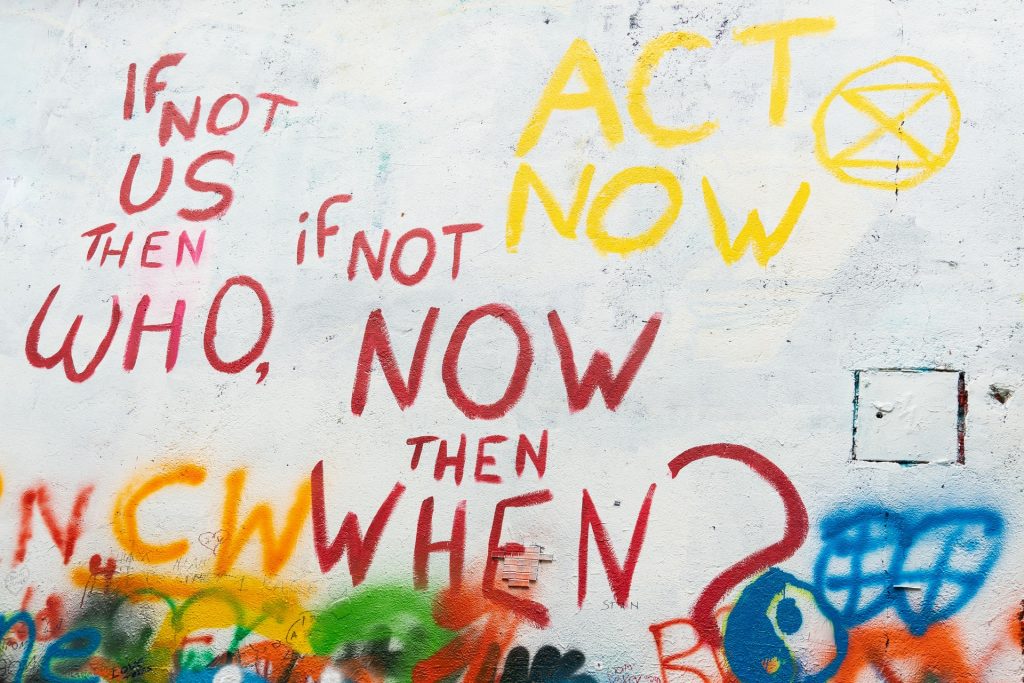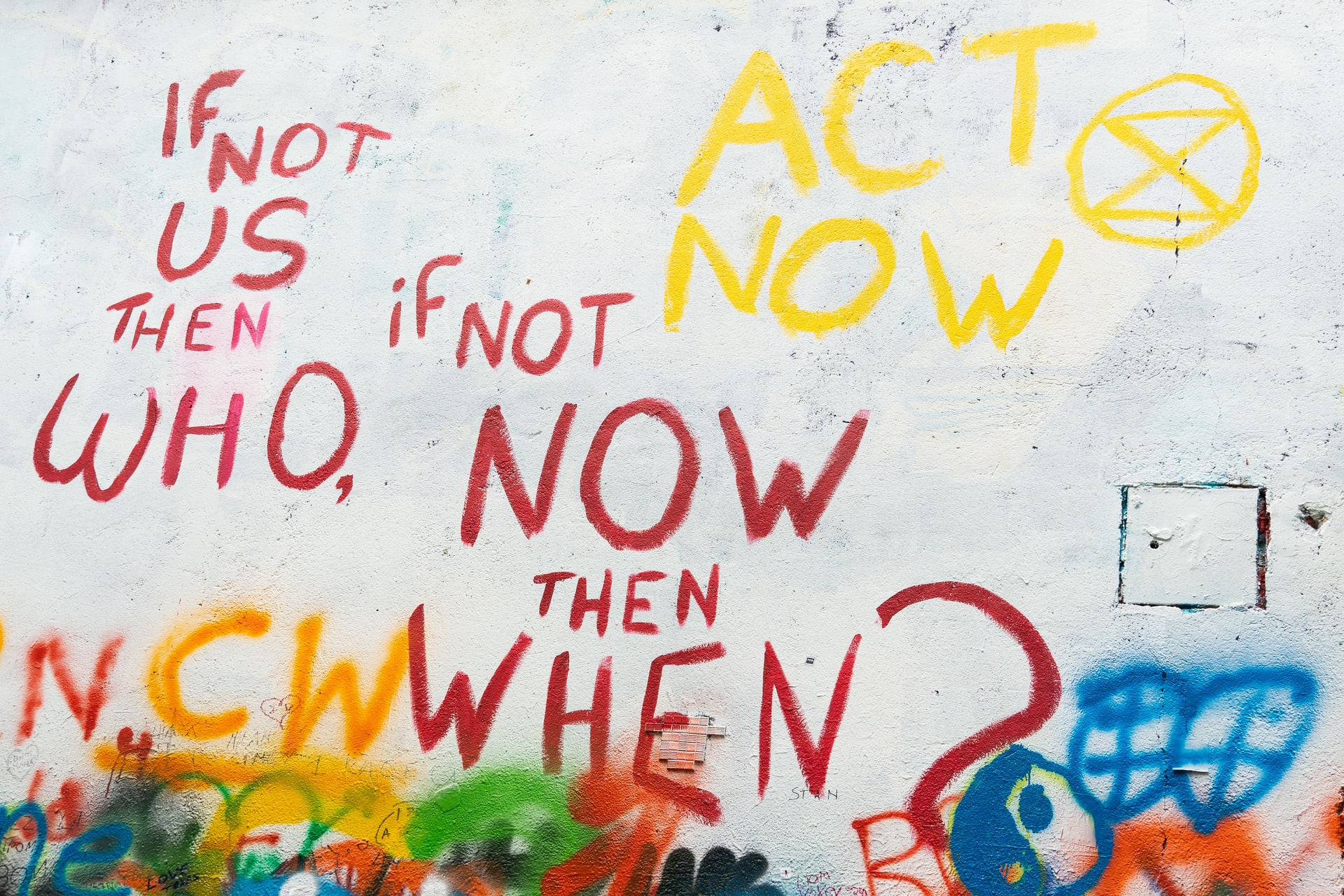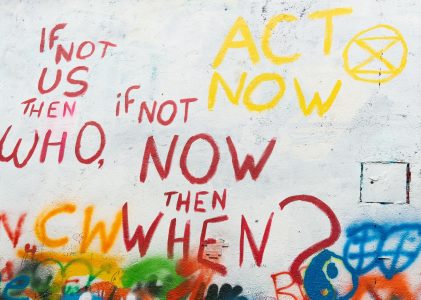
International aid as a form of reparations by former colonial powers to their former colonies has remained a popular notion amongst development enthusiasts. Particularly as calls for greater equality among foreign donors and their recipients increase, as do the brutal truths of white philanthropy and racism in the sector.
But foreign aid as reparations has nothing to do with increasing equality or decreasing white saviourism and racism. If anything, reparation is yet another ploy in the Northern toolkit to temporarily assuage itself and the Global South about its commitment to make amends for past wrongs.
Technically, reparation is financial compensation provided to right an injury or abuse. In the twentieth century, as the world emerged out of the shadow of slavery, colonialism and world war, reparations took centre stage in the discussion on how such wrongs could be righted by the perpetrators. Indeed, the entire concept of post-World War Two development assistance was itself premised on a form of reparation by rebuilding war-ravaged nations.
But aid as reparations or financial compensation from the former colonizer to the formerly colonized, is a misplaced notion that further perpetuates harm. It implies that money will make the past right again. A past full of such violent deceit, that it continues to grow stronger with each global crisis we encounter. We saw it during COVID-19 with vaccine inequity and Western corporate and political greed which denied life-saving treatment to the Global South. We saw it with the outcome of COP26 with rich Western countries refusing to take responsibility for combatting climate change while pushing aside Global South governments. We witnessed it with violent pushbacks towards migrants and refugees in fortress Europe and the UK which vilified vulnerable humans and rendered them expendable.
Aid as reparations or financial compensation from the former colonizer to the formerly colonized, is a misplaced notion that further perpetuates harm. It implies that money will make the past right again.
If we truly want reparations to act as compensation for past evils done, we must completely turn the discussion on its head and not interpret it as just financial compensation. That’s a cop-out.
Because reparations are not just about owing countries for the immense financial wealth the white colonials plundered. And certainly not about “helping poor countries”, as is the modus operandi of foreign aid. It is about owing them for the dignity and identity they so callously snatched away from sovereign nations and communities. About dividing them into the haves and have-nots of the world – read North and South – and leaving them in perpetual inequality. About planting the seeds of racism and discrimination when they invaded those sovereign territories. Money isn’t going to right any of that. Even if it amounts to the tune of trillions of dollars in today’s currency.
And even if reparations were just financial, it has failed spectacularly in its negotiation. Earlier this year, Germany announced it would be providing Namibia with €1.1 billion over 30 years, to compensate for the Herero-Nama genocide in the early 1900s. The fine print showed that this was more a form of projectized foreign aid. The term reparation was never used and the deal was not based on the approval of the victim’s descendants.

Similarly, the return of some Benin bronzes by select universities in the UK to Nigeria, was not an act of reparation but one of arrogant self-servitude. Give them all back if you really want to make amends.
Reparations must be about creating economic and social equality between former colonizer and colonized. It must be about holding injustice to account through legal and political measures initiated by the victims. It cannot just be about paying off people for extreme injustices that the perpetrators still continue to this day. And even if it is about money, it cannot be in the form of aid agreements that employ antiquated and one-sided modalities that benefit the donor more.
True reparations are about economic redistribution and political power sharing, where decisions are made collectively by the countries in question.
True reparations are about economic redistribution and political power sharing, where decisions are made collectively by the countries in question. It is the right of countries that suffered injustice to seek reparations and they must demand for their rights and dignity and rightful share of the global power hierarchy. They must refuse to forge partnerships unless they are included as equal decision-makers in matters of both economic and human rights (that many such countries themselves now violate such rights is a matter requiring contextualization).
But rich Western nations – and also rich non-Western nations many of who are now the “new” colonials – are not interested in reparations. They are still interested in plunder. If they had been, COVID-19, COP26 and refugee resettlement were some of the opportune ways to right past wrongs. But that would have meant giving up a lot of their power. And the rich have no intention of giving up anything. Be they foreign aid donors, Western philanthropists or corporate capitalists.
It’s not reparation if you don’t give up power.
Themrise Khan is an independent development professional and researcher. She has worked with multilateral and bilateral organizations, INGOs and civil society organizations in Pakistan, Canada and South Asia. She tweets @themrise and lives in Pakistan.
This article was originally published on La Mehdood.

